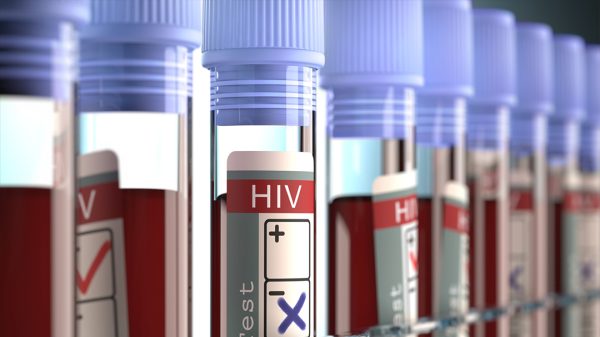Older adults with HIV are prescribed opioids at a higher rate and are more likely to have indicators of opioid use disorder than those without HIV, according to Rutgers Health researchers.
The study, published in The Lancet Primary Care, is the first long-term, nationally representative evidence from Medicare data highlighting opioid-related risks among older adults, aged 65 and older, with HIV in the United States.
“Our study shows that older adults with HIV not only are more likely to be prescribed opioids but also face a higher risk of opioid use disorder compared to their peers without HIV,” said Stephanie Shiau, an associate professor at the Rutgers School of Public Health and lead author of the study. “This is a health disparity that warrants attention.”
By analyzing prescription and medical records from more than 650,000 Medicare beneficiaries between 2008 and 2021, researchers found that more than one in three older adults with HIV received at least one opioid prescription. This was found to be a higher proportion than among people without HIV.
Beyond overall prescribing rates, the study’s findings showed high-risk prescribing patterns.
“We found that older adults with HIV were more likely to receive high-risk opioid prescriptions – higher doses, overlapping prescriptions and for longer durations,” Shiau said. “These practices can increase the likelihood of opioid-related harms in an already vulnerable population.”
The findings also suggest that between 2008 and 2016, older adults with HIV were more than twice as likely to show signs of opioid use disorder, such as a formal diagnosis, treatment of opioid use disorder or opioid-related hospital visits.
According to researchers, the study highlights the challenges of managing chronic conditions in an aging population. Advances in antiretroviral therapy have helped people with HIV live longer; however, opioid prescribing and opioid use disorder risks add another layer of complexity to their care.
“As the HIV population ages, we must recognize the unique vulnerabilities they face in the midst of the opioid crisis,” Shiau said. “Tailored strategies for safely prescribing and expanding access to treatment for opioid use disorder are essential to improving health outcomes.”
Further study is needed to understand what drives opioid prescribing in older adults with HIV, how opioids interact with antiretroviral therapies and what long-term outcomes, including overdose and mortality, look like in this population, the researchers said.































































